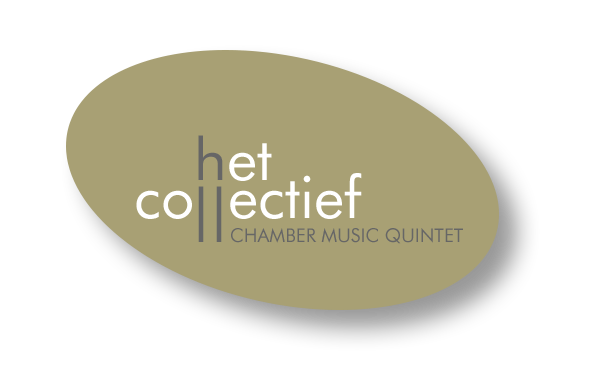Het Collectief performs, on stages in Brussels, Innsbruck (A), and Cuenca (E), one of the most evocative works of the 20th-century repertoire: the Quatuor pour la fin du Temps. French composer Olivier Messiaen wrote this "musical vision" during his captivity in the Stalag VIIIa prisoner-of-war camp in Silesia. Inspired by the dire circumstances, he used the biblical Apocalypse as his source of inspiration. Through ingenious and uniquely personal harmonic and rhythmic processes, and especially by often adopting extremely slow tempos, Messiaen manages to blur the notions of time and space. Messiaen eventually persuaded an art-loving camp guard to organize a concert evening, premiering the Quatuor before hundreds of fellow prisoners.
Thanks to this compelling origin story, the work quickly won the hearts of the general public after the war. For Het Collectief, every performance of the Quatuor remains a special experience. Each time, we are captivated by the universal, mystical message that the work carries.
At Espace Senghor in Etterbeek, as a prelude to Messiaen, we spotlight one of his most influential students: Pierre Boulez. At just under twenty years old, Boulez wrote a Sonatine for flute and piano. The work brims with highly innovative compositional techniques and is particularly challenging to perform, both instrumentally and in terms of ensemble playing. At times, it seems Boulez chose the lighthearted title ironically. However, once the enormous technical challenges are overcome, a fresh and varied piece of music emerges, allowing the performers to revel in lightning-fast double canons and an extremely rich palette of colors.
Boulez was also one of the pioneers of electronic music. His Dialogue de l’ombre double (1985) is a fine example: a tape pre-recorded by the clarinetist is played through six speakers distributed throughout the concert hall. The live clarinet then engages in a dialogue with its own electronic shadow, creating an exceptional acoustic experience for adventurous ears!
In Innsbruck, we build the program around the theme of war. Alongside Stravinsky's L’Histoire du soldat, we perform works by Czech composer Erwin Schulhoff, who died in a concentration camp, and Béla Bartók, who lived in exile in the USA during World War II. From Bartók, we perform the jazzy Contrasts.
Our concert at the Semana de Música Religiosa de Cuenca is entirely devoted to Messiaen. Leading up to the Quatuor, soprano Katrien Baerts sings the Poèmes pour Mi, a stunning cycle in which Messiaen elevates his love for his first wife, Claire Delbos, to a mystical level…
Het Collectief
Katrien Baerts, soprano
Yannick Willox, sound engineer




